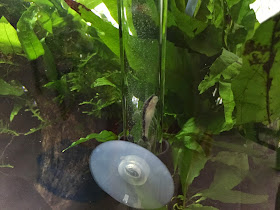What is K2?
Vitamin K is basically essential for coagulation. It also plays an essential role in the conversion of certain enzymes.
It is believed that K2 plays quite an important role in maintaining healthy levels of bone mineral density (BMD). A deficiency in K2 increases the risk for fragile bones.
*K2 with a combination of calcium and vitamin D can decrease bone turnover. (*taken from
HERE)
K2 is essential for maintaining bone strength for menopausal women.
Activator X
Dr. Weston A. Price (a dentist and researcher) discovered that his dental patients had excellent 'teeth health' when given a high-vitamin-cod-liver-oil with a nutritious diet which consisted of milk, organ meats, unprocessed grains, vegetables and fruits. Some even had their dental problems disappear!
The key-element was in the vitamin-rich-butter and butter-oil concentrate which was extracted from it.
He named the key-element as activator X.
As a researcher, Price experimented with various brands of butter. He realised that butter which was made from milk of cows which grazed on grass grown on rich soil (fast growing wheat grass and alfalfa) had very high concentration of activator X (which is what we now know as vitamin K2).
Cows that were kept in pens and fed on commercial diets did not produce milk which had high levels of this activator X!
(click on
LINK to read more)
It is interesting to note that K2 is indeed an activator for certain proteins for vitamin A and D!
Source of K2
Did you know that a certain type of bacteria in our gut (the good guys) produce vitamin K2 from K1? Amazing!
Natural K2 is also found in bacterial fermented foods, such as mature cheese and curd. The Japanese have a naturally-rich-in-K2-dish which is called natto. It is made of fermented soybeans and Bacillus subtilis. The downside of this dish is that it has a very intense smell and strong taste.
To read more about K2, click on
K2, The Missing Nutrient.



















